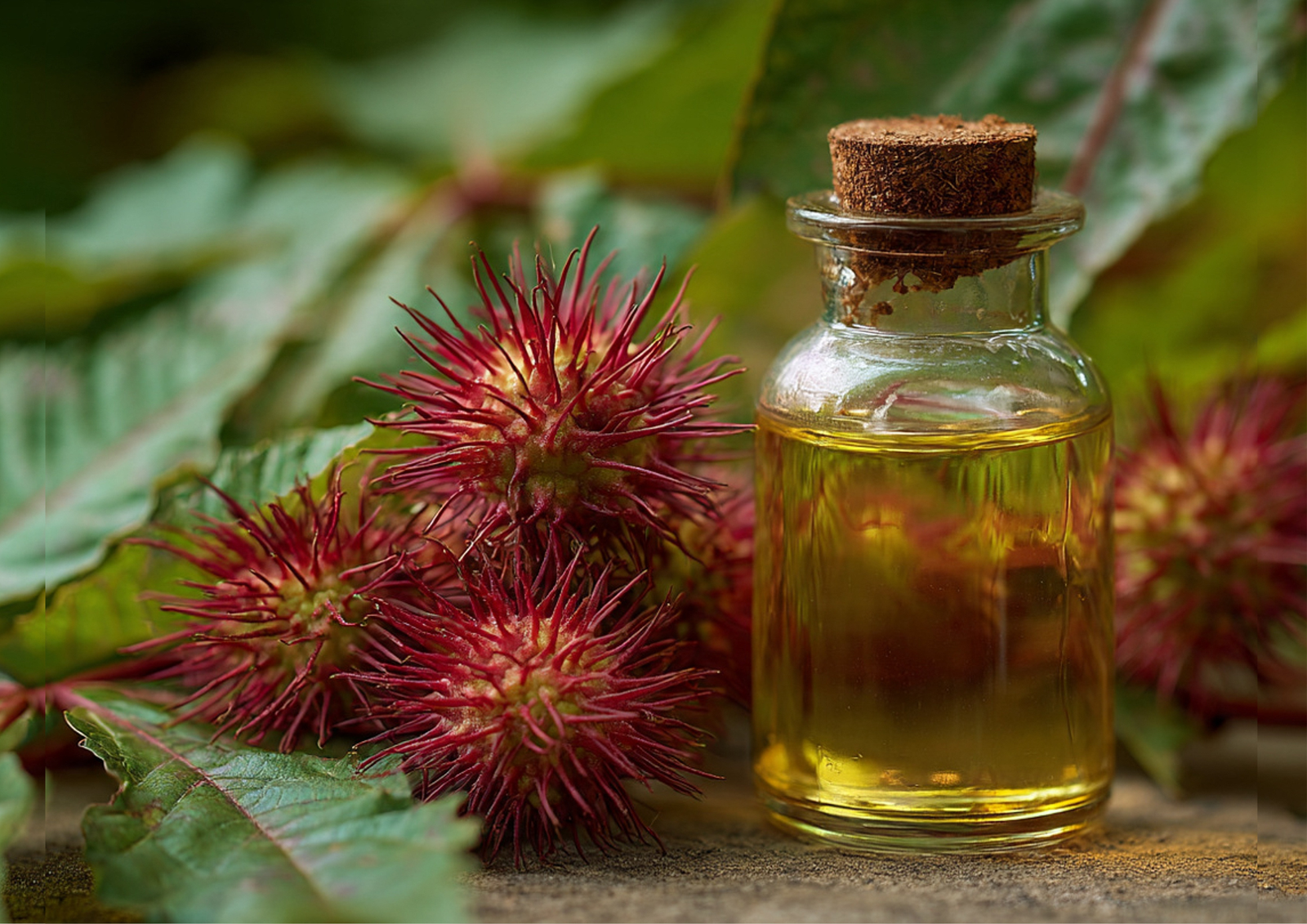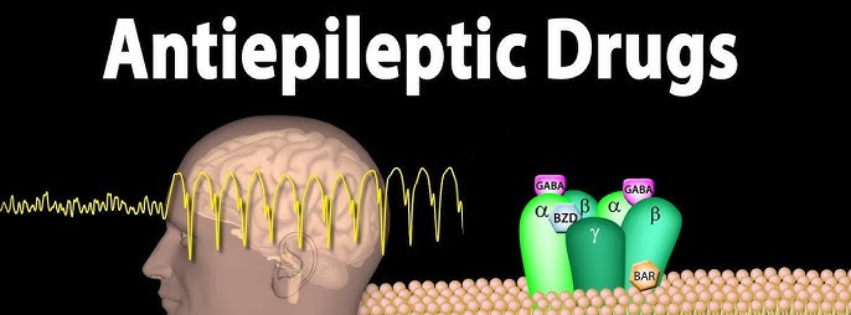
Anxiety Disorders
An anxiety disorder is a type of mental fitness essential. If you have an anxiety disorder, you may react to specific items and problems with fear and dread. You may even share physical symptoms of anxiety, such as a pounding heart and sweating.
It’s typical to have some anxiety. You may feel nervous or worried if you must attack a problem at work, interview, take a test, or make a critical decision. Some anxiety can be useful — it allows us to notice dangerous conditions and focuses our awareness so we remain safe.
But an anxiety disorder moves outside the normal nervousness and slight fear you may handle from time to time. An anxiety disorder occurs when:
- Anxiety interferes with your capacity to work.
- Your responses are usually out of balance to situations (overreactions).
- You can’t manage your reactions to problems.
Kids, adolescents, and adults can share anxiety disorders. Females and people designated female at birth are about double as likely as males and people designated male at birth to have one.
Anxiety disorders can make it hard to get through the day. Fortunately, there are several useful remedies for these conditions.
Types of anxiety disorders
There are several types of anxiety conditions according to the Diagnostic and Statistical Manual of Mental Disorders (DSM-5). This is the classic connection manual for diagnosing mental health conditions. Types of anxiety disorders include:
- Generalized anxiety disorder (GAD): This situation generates fear, worry, and a continuous feeling of being crushed. It’s characterized by extreme, regular, and romantic anxiety about simple things, such as job duties, fitness, or chores.
- Agoraphobia: This condition generates extreme anxiety about becoming overcome or incapable of running or obtaining help. People with agoraphobia usually avoid new places and strange problems, like large, open spaces or confined areas, crowds, and locations outside of their homes.
- Panic disorder: This condition affects multiple random panic attacks. A major feature of the condition is that the attacks usually occur without warning and aren’t due to another mental health or physical condition. Some somebody with the panic condition also have agoraphobia.
- Specific phobias: A phobia is when something forces you to handle fear or anxiety that’s so powerful it always and overwhelmingly disrupts your life. There are hundreds of other types of phobias, and there’s one diagnosis for nearly all of them: specific phobia. Only one phobia, agoraphobia, is a specific diagnosis.
- Social anxiety disorder: This condition (formerly understood as social phobia) occurs when you share a low and constant fear of living thoughts negatively and/or managed by others.
- Separation anxiety disorder: This condition occurs when you feel extreme anxiety when you’re disconnected from a loved one, like a direct caregiver. While partition anxiety in babies and toddlers is a typical stage of growth, break anxiety conditions can impact kids and adults.
- Selective mutism: This condition occurs when you don’t talk in particular cases because of fear or anxiety. It usually involves young kids, but it can also impact adolescents and adults.
Other mental health conditions share parts with anxiety disorders. These include post-traumatic stress disorder (PTSD), critical stress disorder, and obsessive-compulsive disorder (OCD). But they type them as different conditions and not anxiety disorders.
Symptoms of anxiety disorders
Symptoms of anxiety disorders differ depending on the class.
Psychological symptoms may contain:
- Feeling panic, fear, dread, and anxiety.
- Feeling on edge or irritable.
- Uncontrollable, obsessive ideas.
- Problem focusing.
Physical symptoms may include:
- Restlessness.
- Heart palpitations.
- Shortness of breath.
- Muscle tension.
- Cold or sweaty hands.
- Dry mouth.
- Nausea.
- Numbness or tingling in your hands or feet.
- Problem falling sleeping or staying asleep (insomnia).
It’s essential to talk to your healthcare provider or a mental health specialist if you often experience these signs.
What causes anxiety disorders?
Like different kinds of mental health conditions, researchers don’t understand just what causes anxiety disorders. But they believe a variety of elements plays a role:
- Chemical imbalances: Several neurotransmitters and hormones play a part in anxiety, including norepinephrine, serotonin, dopamine, and gamma-aminobutyric acid (GABA). Inequalities in these chemicals can contribute to an anxiety disorder.
- Brain changes: A part of your brain called the amygdala plays an essential role in controlling fear and anxiety. Studies show that people with anxiety disorders show improved amygdala action in reaction to anxiety cues.
- Genetics: Anxiety disorders tend to operate in biological relatives. This means that genetics may play a role. You may be at an advanced risk of creating one if you have a first-degree family (biological parent or sibling) with an anxiety disorder.
- Environmental factors: Severe or long-lasting stress can change the balance of neurotransmitters that regulate your mood. Sharing a lot of stress over a long time can contribute to an anxiety disorder. Sharing a traumatic occasion can also trigger anxiety disorders.
Ayurveda Treatment :
At Jeevan Herbal, we suggest treatment in Chandigarh. These treatment choices offered by Jeevan Herbal include internal herbal medicines & supplements along with specific therapies. Get Rid of WAAT DOSH such as joint pain, shoulder aches, cervical, B.P., arthritis, Acidity, Spine Discomfort, Back Pain even after Cegerian, Anxiety, and so on.
Ayurvedic Medicines
Waat Nashak Tea
Waat Nashak Tea is the greatest when it comes to stomach issues, dry skin, dehydration, and soreness. Individuals who are Vata dominant are more anxious and frustrated. Anyone can balance the level of wind and play parts in the body by consuming Jeevan Herbal Waat Nashak Tea.
It’s a caffeine-free, all-natural green tea. An excellent detoxifier that also aids in immunity building. This Waat Nashak tea is packed with health benefits that help to improve overall wellness (Mind, Body & Soul). It is believed to increase energy, control blood sugar and cholesterol levels, and reduce stress.
Key benefits of Best Waat Nashak Tea:
Herbs for Waat dosha stimulate digestion in the best green tea:
Ginger tea is one of the most helpful herbal teas for balancing the body’s waat level. Ginger can help in improving the digestive method by igniting the digestive fire, or “Jata Agni.” This herbal tea for waat dosha pacification is even useful for clearing “Ama” or toxins from the body, and it is extremely beneficial for Vata-Kapha types.
The best green tea for waat-pitta dosha is mineral and vitamin-rich:
Waat Nahak Tea also strengthens the immune system and cleanses the body’s organs, allowing the body to function normally. It can also assist with skin problems, which are a general concern among people who have a high level of waat in their bodies.
Waat herbal medicine relieves pain and discomfort:
Jeevan Herbal Waat Nashak tea is a combination of several ayurvedic herbs that relieve pain associated with joints, shoulders, cervical discomfort, spine pain, back pain, and arthritis. Prakritik tea for vata pitta dosha is designed especially for people who have these kinds of problems.
Other health advantages of the best green tea for waat dosha include:
Waat Nashak Herbal Tea will help you overcome health problems such as gas, bloating, and cramps, as well as treat constipation and increase nutrition absorption. Toxins are roasted, the nervous system is strengthened, tension is reduced, and strength and rejuvenation are raised.
Waat Nashak Tea will help to balance waat dosha in the following ways:
- By lowering your stress and tension levels.
- By lowering anxiety and depression levels.
- Offering a relaxing environment
- By balancing emotional ups and downs
- Increased concentration.
How to Reduce waat in the body:
External remedies for waat imbalance include:
- Dress warmly and in layers.
- Massage your body and head daily.
- Avoid fasting or going for long periods on an empty stomach.
- Take steam baths regularly.
- Use gentle purifying methods such as Basti or Vamana
Who Can Use Waat Nashak Tea:
Anybody above the age of 14
Conclusion
Anxiety disorders describe a group of diseases characterized by extreme fear, stress, or out of an array of external and internal stimuli. They often begin in childhood and can have hardly undermining impacts on social, occupational, and other regions of functioning.
If you want 100% Ayurvedic Products Click here






